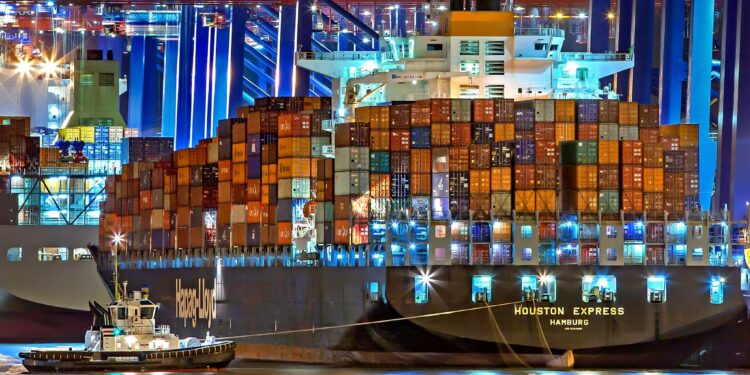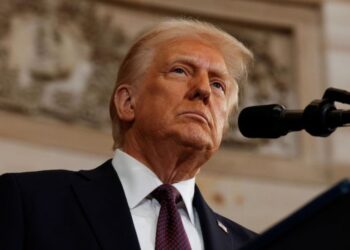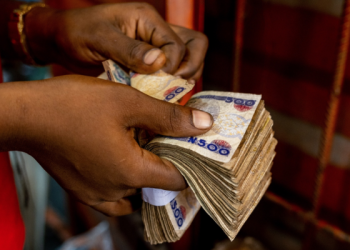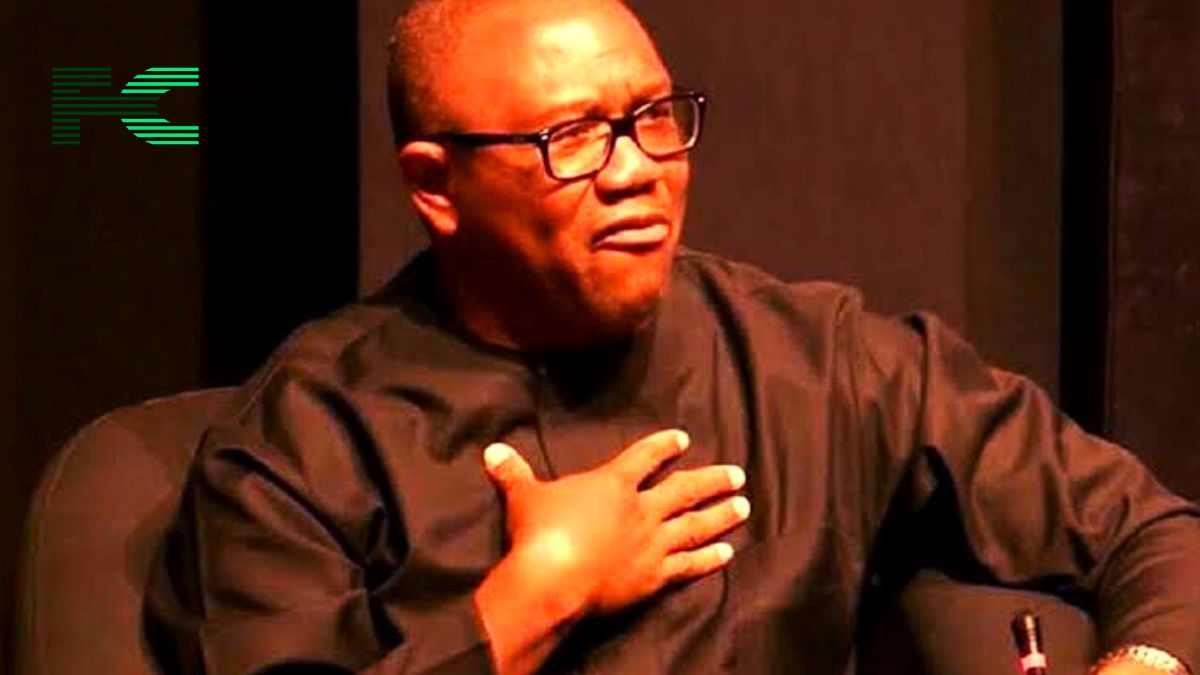Nigeria, rich in human and natural resources, has long struggled with the issue of foreign dominance. Since the colonial era, various global powers have sought to exploit Nigeria’s resources under the guise of aiding its development. Despite claims of assistance in economic, security, or political matters, these nations often prioritize their own interests, extracting a significant portion of Nigeria’s wealth for their own gain. Foreign companies, ostensibly entering into partnerships for mutual development, have frequently exploited Nigeria’s land and resources to their advantage.
Given the history of exploitation by foreign entities, Nigeria approaches partnerships with foreign countries cautiously, particularly when the terms are unclear. Many of these partnerships have proven to be parasitic and exploitative, with the country seeking alliance often making promises without clearly defining its own terms or benefits from the arrangement.
In recent news, the new ambassador of South Korea to Nigeria proposed improved cooperation with Nigeria especially in the area of business and maritime. This partnership on the surface obviously looks to have some benefits for Nigeria especially now when Nigeria is undergoing economic reforms to boost their economy.

However, the partnership between Nigeria and South Korea presents a complex interplay of opportunities and exploitative tendencies, raising questions of if it is a symbiotic relationship benefiting both parties or a parasitic arrangement that disproportionately favors one over the other.
Nigeria and South Korea has distinct economic, cultural, and political landscapes, their recently improved collaboration spans across various sectors, including trade and business, culture, education and maritime security. However, beneath the surface of this partnership lie intricacies that warrant closer examination.
Too good to be true
Not to be pessimistic about the partnership, nor do I intend to discourage it, however upon closer evaluation of the partnership, I’ve identified potential areas where Nigerians could be exploited.
The partnership with South Korea primarily centers around two key areas. Firstly, it emphasizes business and maritime security to facilitate import and export activities. Secondly, it promotes people-to-people exchanges, fostering cultural and educational interaction between the two nations.
Business and Maritime Security: These are two distinct areas which was spoken of but I will be pairing them for this discourse. Nigeria is currently one of Korea’s top five trade partners, however, the ambassador hopes to improve trade relations between the countries. According to him, more can be done to enhance trade relations between Nigeria and South Korea, (consider this against the backdrop of countries always seeking their own benefit)
The bait– he mentioned that several Korean companies are interested in investing in the Nigerian market, he however noted that challenges such as double taxation, profit repatriation discourages these investors.
Then he mentioned that the upcoming Korea Africa Summit is a platform for the Nigerian government to share solutions on ground to assure Korean businesses of the improving environment in Nigeria.
Again not to be pessimistic but doesn’t this look like a booty trap waiting to happen?
Nigeria is at a point where they are seemingly desperate for investment and this is known globally, This vulnerability opens the door for both genuine investors and opportunistic exploiters to negotiate terms that may heavily favor their interests over Nigeria’s.
Maritime security– The envoy emphasised the need for a secured Golf of Guinea, noting that security in the Gulf of Guinea is crucial not only for Nigeria’s coastal communities but also countries such as Korea that traverse the region.
The bait- He proposed an expansion of Korea’s support to include the training of Nigeria’s military and security officers. Pankyu who spent years serving in the Korean military, said “I believe counter-terrorism courses and training programmes are useful for Nigerian officers,”
To conclude on the issue of maritime security, he mentioned that South Korea will donate patrol ships to Nigeria, which is scheduled to arrive in the country in a few months.
While the initiative to deploy patrol ships is commendable, a crucial question arises: who will operate these ships?
Maritime patrol serves not only security purposes but also aims to combat exploitation and illegal trade….
People to People Exchange: At first glance, promoting cultural exchange between Nigeria and South Korea seems like a positive initiative, potentially fostering mutual understanding and camaraderie.
The presence of South Koreans on Nigerian soil grants them access to our lands, resources, and influence over the populace. Given Nigeria’s susceptibility to foreign allure, particularly in underdeveloped regions where resources abound, there is a risk of perpetuating a dynamic akin to indirect colonialism and exploitation.
The adoration of foreigners by some Nigerians, often equated to seeing “God”, underscores the vulnerability of certain communities to external influences. This raises concerns about the potential for exploitation and the perpetuation of unequal power dynamics.
Considering all these factors, it is imperative that the government takes decisive action to ensure that its decisions prioritize the needs of the people over any sense of desperation for foreign alliances.

















